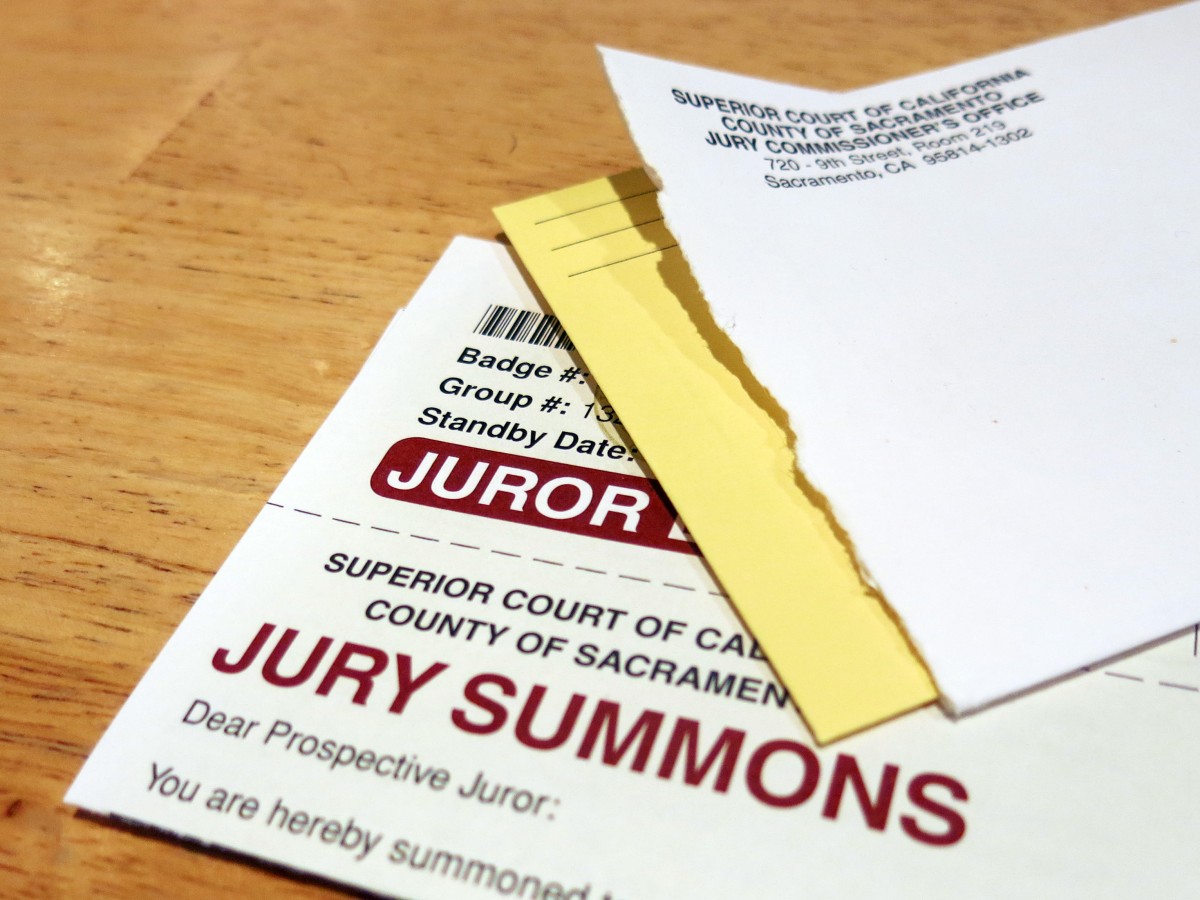 When one of our personal injury or wrongful death cases goes to trial, that almost always means we must win in front of jury. Who sits on the jury goes a long way toward determining whether our client receives a fair hearing and just verdict. Consequently, we use every tool available to choose jurors who are open to being swayed by facts and evidence.
When one of our personal injury or wrongful death cases goes to trial, that almost always means we must win in front of jury. Who sits on the jury goes a long way toward determining whether our client receives a fair hearing and just verdict. Consequently, we use every tool available to choose jurors who are open to being swayed by facts and evidence.
LEARN MORE
- What Is the Role of a Jury in a Trial?
- What You Need to Know about a Jury Trial for a Personal Injury or Wrongful Death
- Social Media Can Kill Your Case – Advice From a Personal Injury Lawyer
Under the rules for jury trials, attorneys for both sides provide input to the judge on the suitability of each juror. Often, lawyers are granted a certain number of preemptive strikes, a larger number of strikes for cause, and an unlimited number of challenges.
As attorneys who represent plaintiffs—that is, the victims—in personal injury and wrongful death cases, we want to keep people off juries when they have personal or professional connections to the defendant, ties to the insurance industry or a history of opposing the right of individuals to sue for compensation and other forms of monetary damages. Finding out these facts about individuals who have been summoned for jury duty used to be very difficult. Many times, the inaccessibility of background information and the time limits imposed by a judge made learning about potential jurors practically impossible.
That changed dramatically with the spread of the internet and social media. A simple Google or Bing search now turns up blog posts, web videos, Facebook and Twitter posts, forum comments, letters to the editor, political contributions and nearly every other detail that reveals how likely a person is to enter the jury box with an open mind.
“Wait,” you are no doubt saying, “isn’t that an invasion of privacy?”
No. Posting something to the internet is the same as publishing it for public consumption. Unless the person who posts takes specific actions to keep a comment, video or image private, anyone, even (especially) a lawyer preparing jury challenges, can view the post. Courts have also upheld the increasingly common attorney practice of hiring investigators to research the online histories of jurors.
This, of course, works both ways. Defense teams will scour the web to find information detrimental to the plaintiff’s case, the personal injury or wrongful death attorney, and a juror who seems likely to give the victim a sympathetic hearing. The lesson, obviously, is that using social media responsibly will benefit anyone in many ways.
EJL